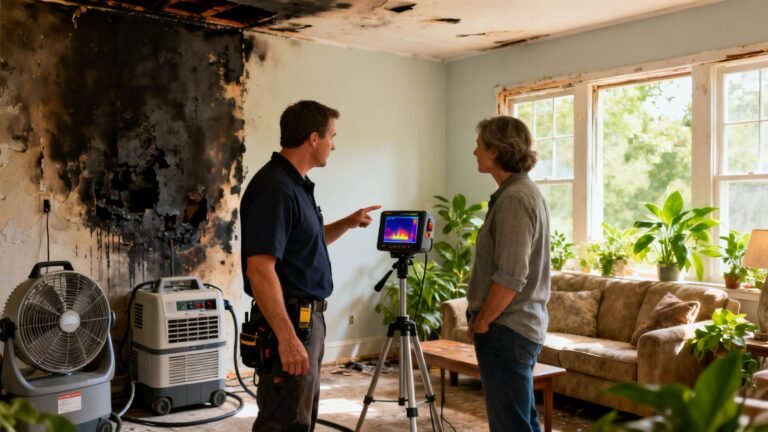
A Homeowner’s Guide to the Fire Damage Restoration Process
When the sirens fade and the fire is out, the real work of recovery begins. The first 24 to 48
Los Angeles homeowners often face a unique mix of warm weather, coastal humidity, and aging infrastructure. Older plumbing and roofing leaks provide just enough moisture for mold to grow unnoticed until it becomes widespread.
If you’ve spotted strange stains, smelled musty odors, or noticed health symptoms at home, you may be dealing with mold. This guide explains how to recognize the signs, understand the difference between mold and mildew, and when it’s time to bring in a professional.
An earthy, damp smell is one of the most reliable indicators. Odors that linger after cleaning often signal mold behind walls or under flooring.
Mold can appear as black, green, brown, or even orange blotches spreading across drywall, ceilings, or wood.
Moisture trapped behind walls causes paint to lift, crack, or bubble—prime conditions for mold growth.
Swollen drywall or soft spots in wood flooring often mean mold is actively feeding on building materials.
Unexplained coughing, congestion, sneezing, or eye irritation that improves when you leave home may indicate airborne mold spores.
Flat, powdery, usually white or gray
Found on damp fabrics or shower tiles
Easily wiped away with standard cleaners
Fuzzy or slimy, dark green, black, or brown
Grows deep into porous building materials
Harder to remove and often requires professional remediation
Knowing the difference is important. Mildew is mostly a cosmetic nuisance, while mold can damage your home and impact your health.
Not all mold is visible. Many infestations spread inside wall cavities, attics, or crawl spaces. Watch for:
Persistent odors despite cleaning
Water stains or moisture rings on ceilings or drywall
Condensation on windows and HVAC vents
A history of leaks that were never professionally dried
Los Angeles homes with flat roofs or older plumbing are especially vulnerable to hidden mold.

If the Source Is Hidden: Moisture meters and thermal imaging can locate unseen growth.
If Health Problems Persist: Chronic allergies, asthma flare-ups, or unexplained fatigue may indicate airborne spores.
If Documentation Is Needed: Insurance claims, landlord-tenant disputes, and real estate transactions often require professional mold reports.
Professional testing provides clarity and ensures the right remediation plan is created.
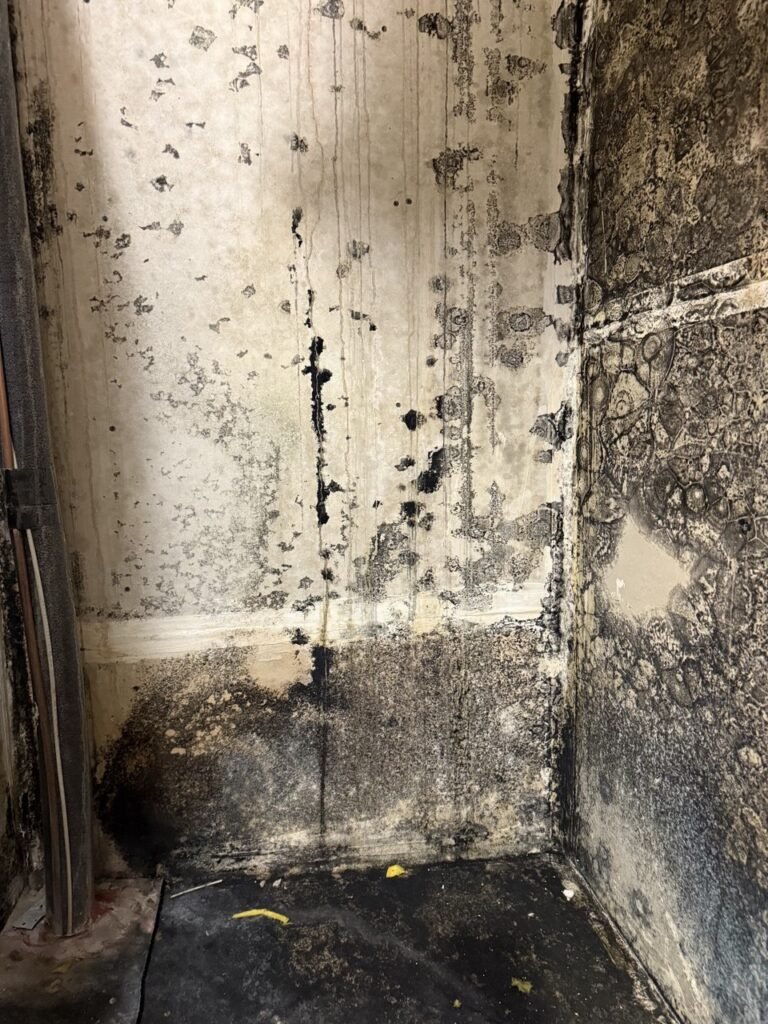
Structural Damage: Mold weakens drywall, insulation, and wood framing.
Health Risks: Long-term exposure can cause respiratory illness, chronic sinus issues, and skin irritation.
Financial Costs: Delayed remediation often means higher cleanup bills and more invasive repairs.
Lower Property Value: Mold can complicate sales and reduce your home’s market value.
Inspection & Testing – Identify the type and extent of mold.
Containment – Isolate affected areas with barriers and negative air pressure.
Safe Removal – Demolish contaminated materials when necessary.
HEPA Filtration – Capture airborne spores during and after work.
Moisture Control – Address leaks, humidity, or ventilation problems to prevent regrowth.
This systematic approach ensures mold is fully removed and does not return.
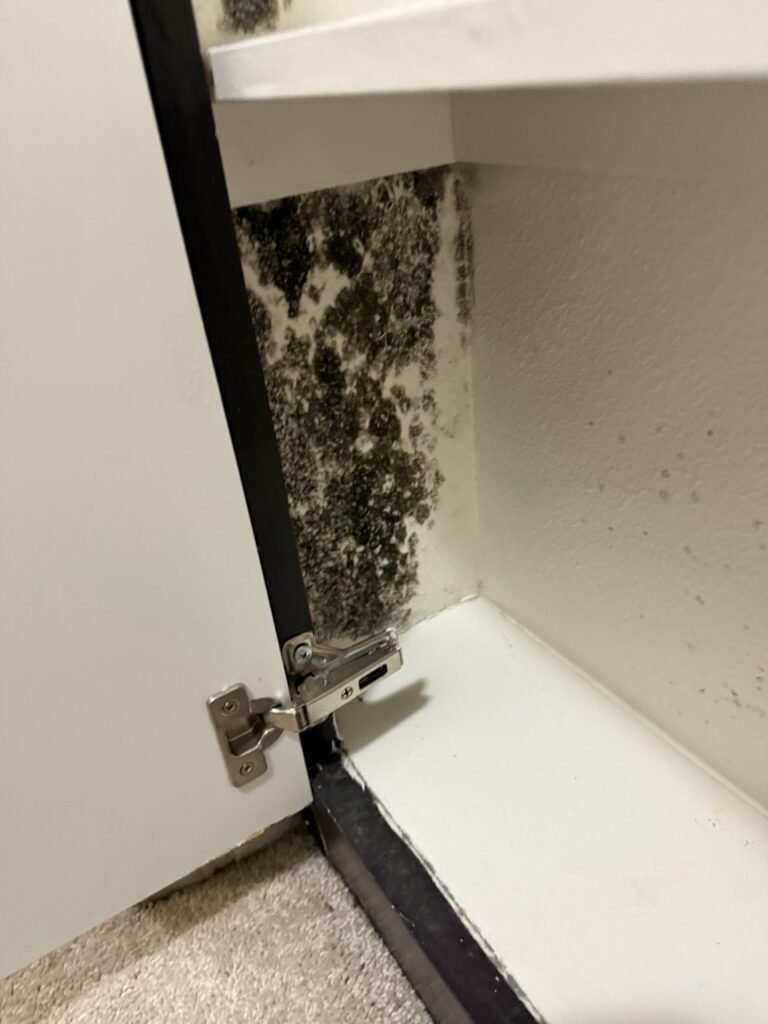

Pete Mantizian is the dedicated owner of Onsite Pro Restoration. He is driven by a passion to improve living conditions and prevent health issues caused by improper restoration. With over 10 years in construction and 7 years in restoration, Petros has managed projects for major franchises like Serv-Pro and 911 Restoration. He holds certifications in Applied Structural Drying, Microbial Remediation, and more. Committed to excellence, Petros ensures every project is done right the first time. Outside of work, he cherishes time with his loving wife and two children, balancing his fulfilling career with creating lasting family memories.
Share
Not sure if what you’re seeing is really mold? Call (818) 336-1800, email info@onsitepro.org, or fill out the form below to get expert mold testing and answers you can trust. Our certified team will inspect your home and provide a clear plan for remediation if needed.

When the sirens fade and the fire is out, the real work of recovery begins. The first 24 to 48
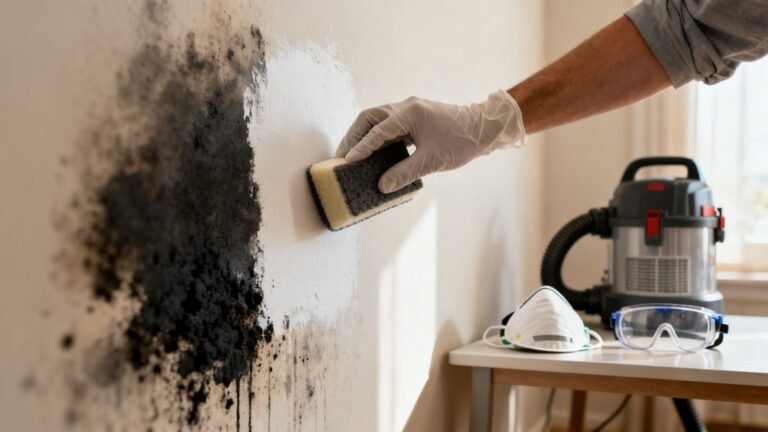
Cleaning soot off a wall isn't a one-step job. It's a two-stage process: first, you lift the loose, powdery particles,
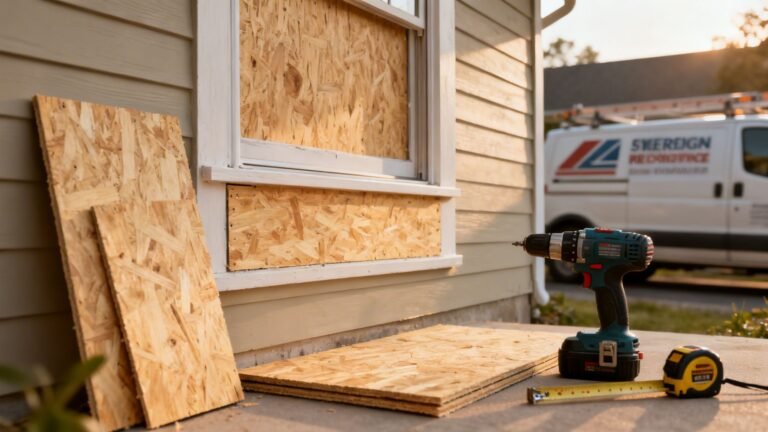
Think of a board up service as the emergency first responder for your property. It’s a structural first-aid kit—a fast,